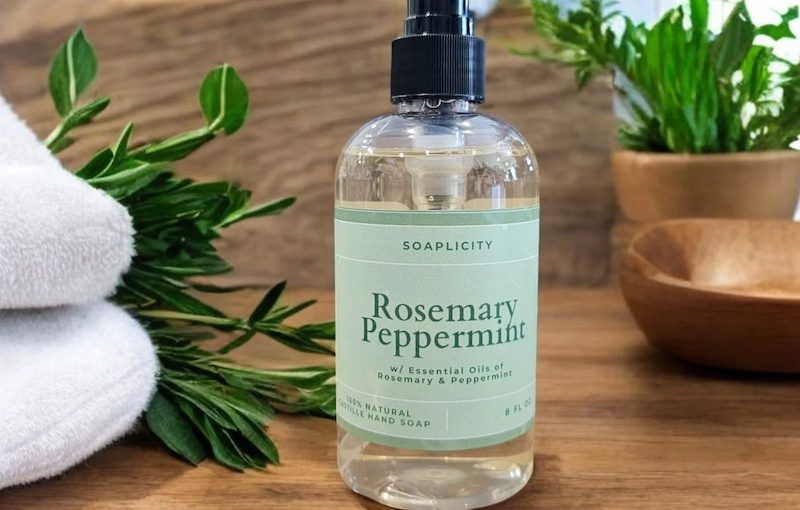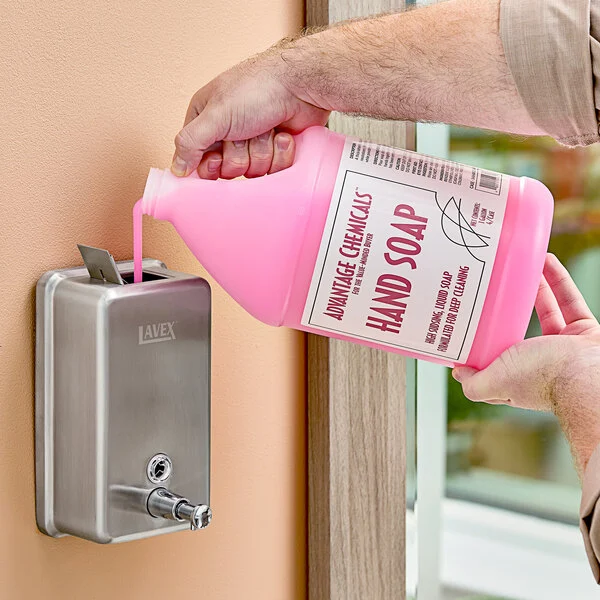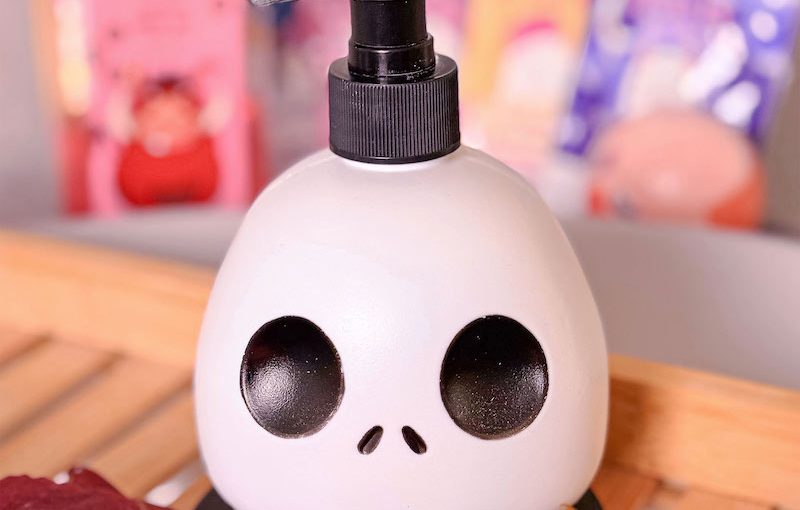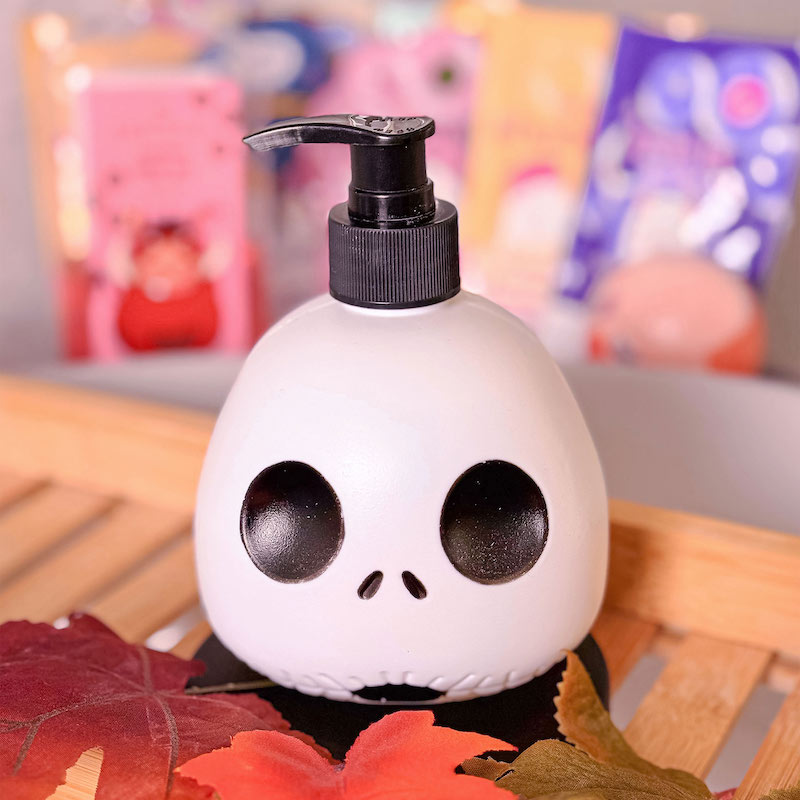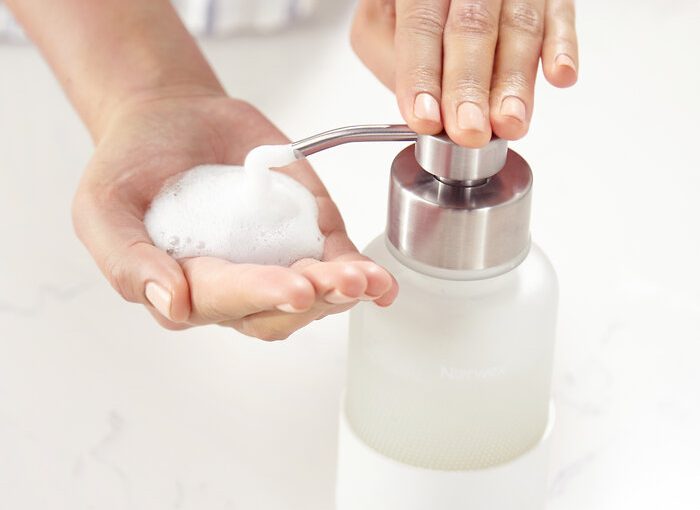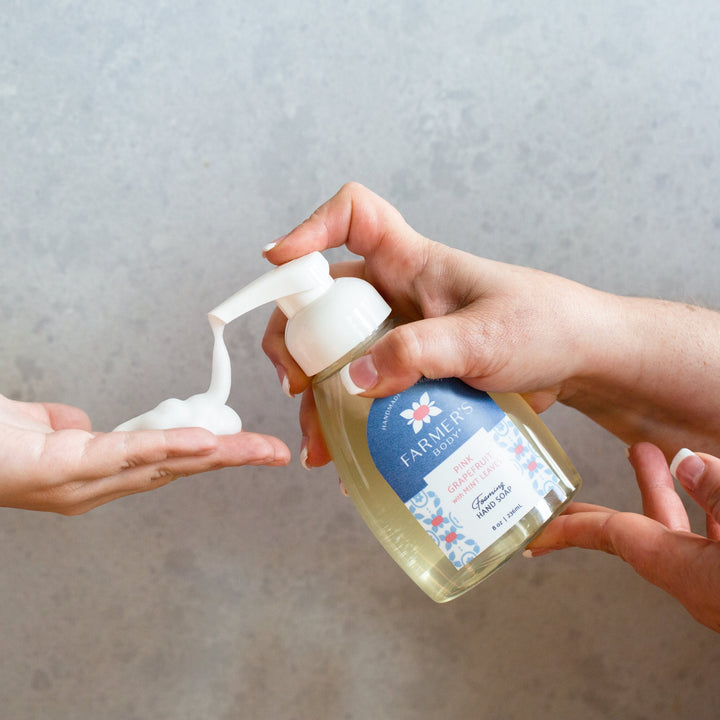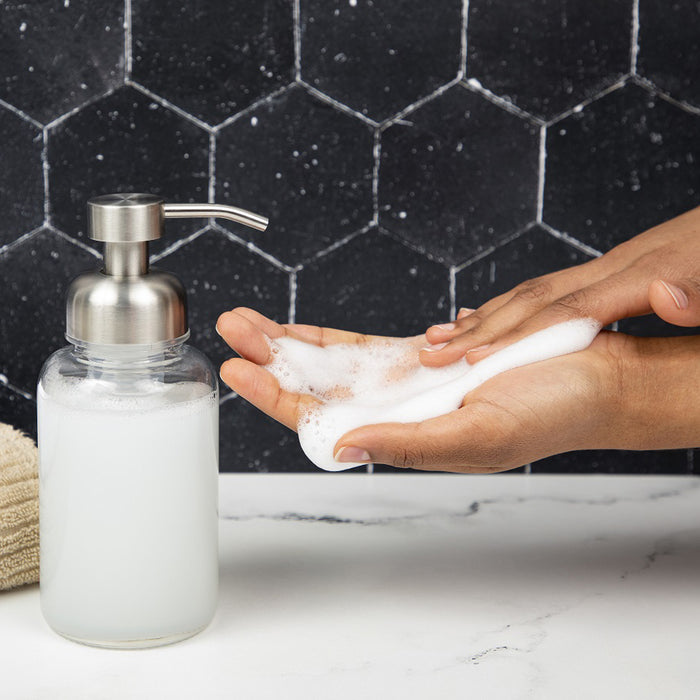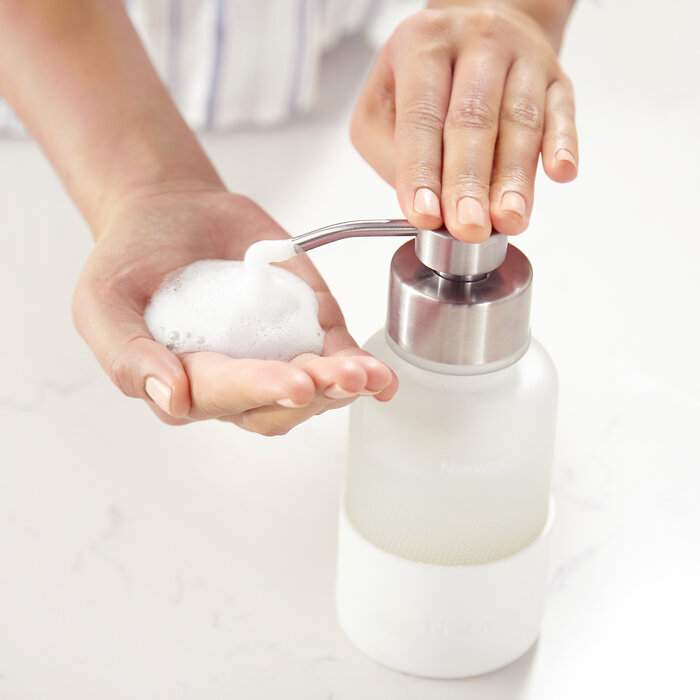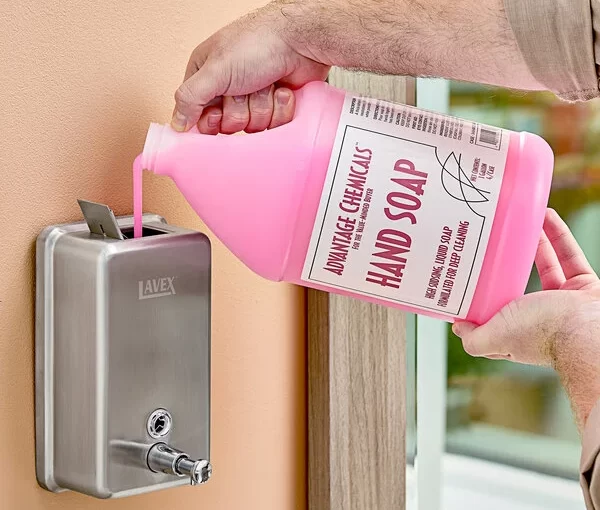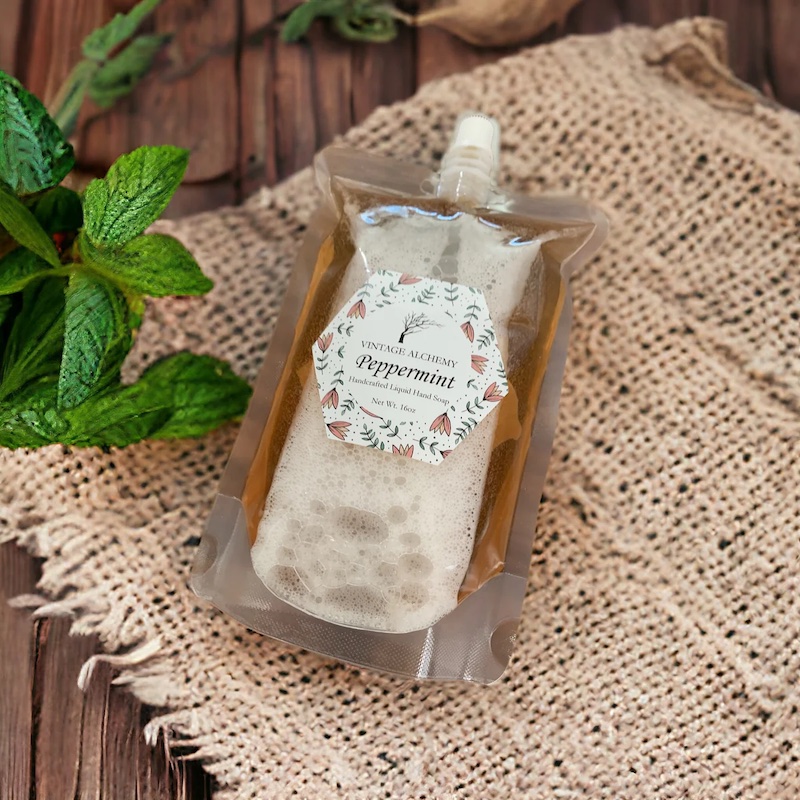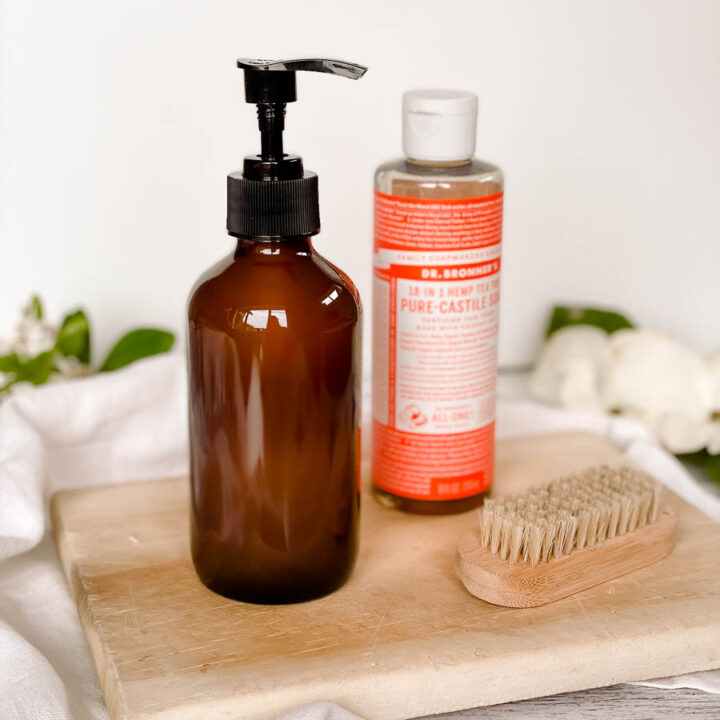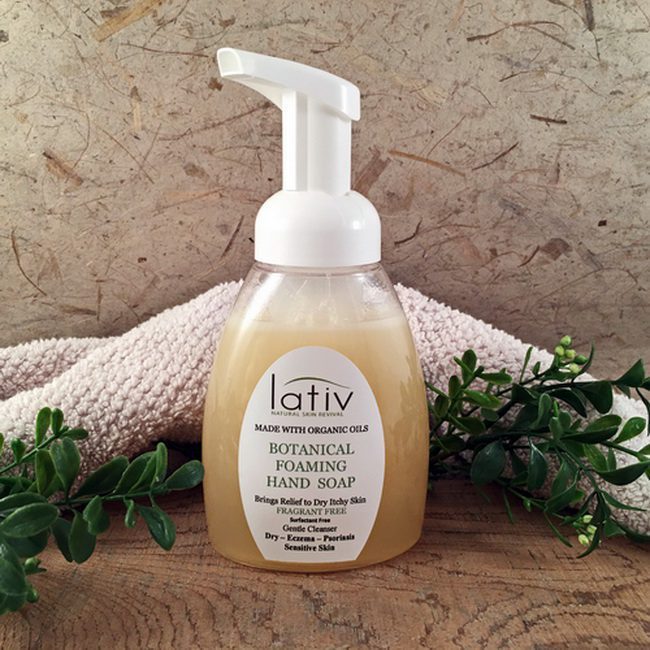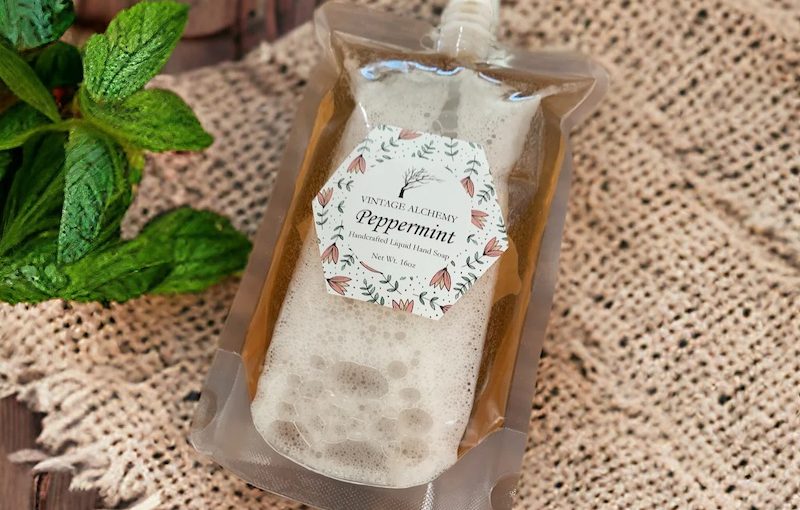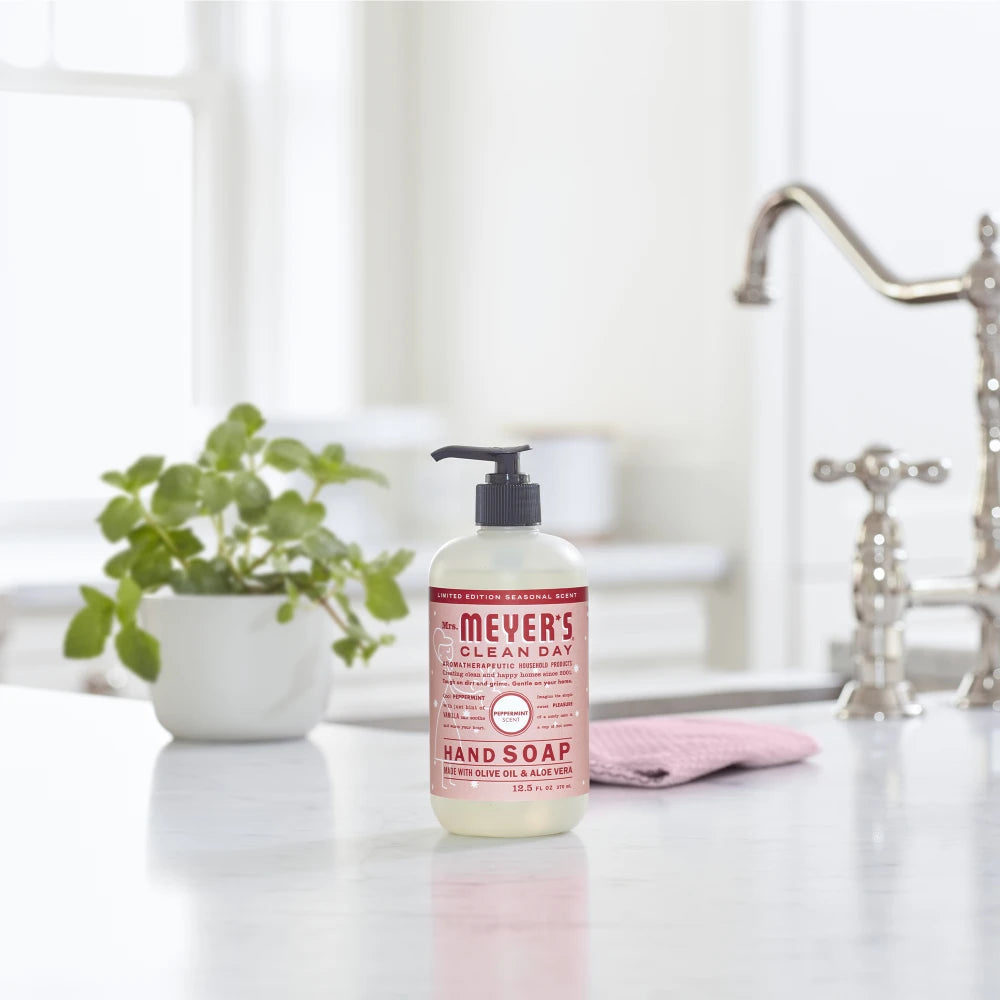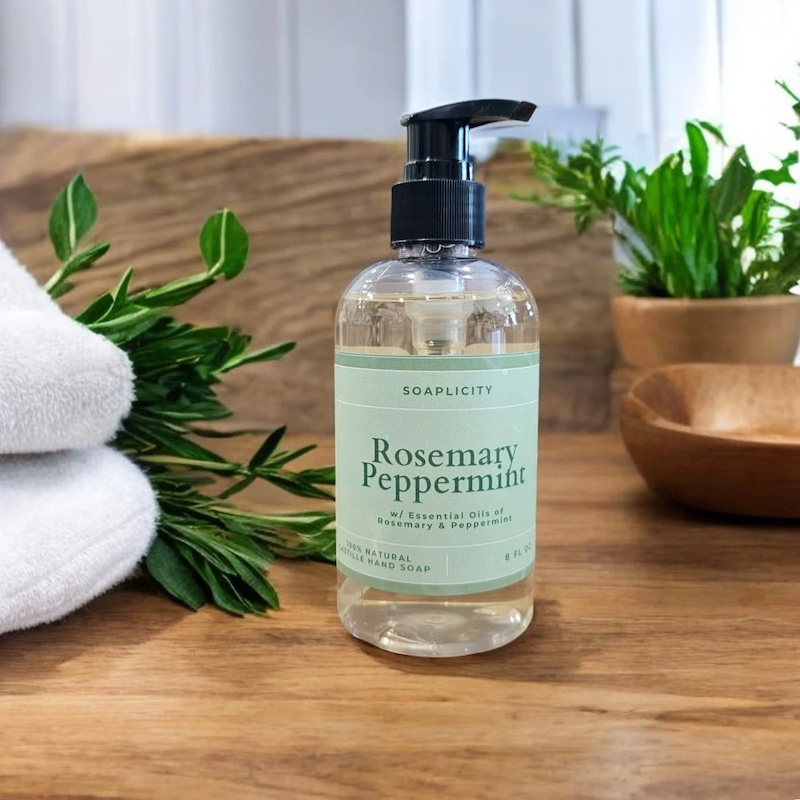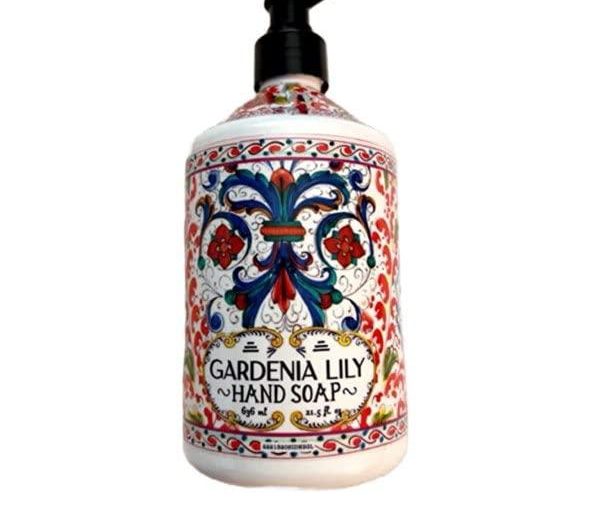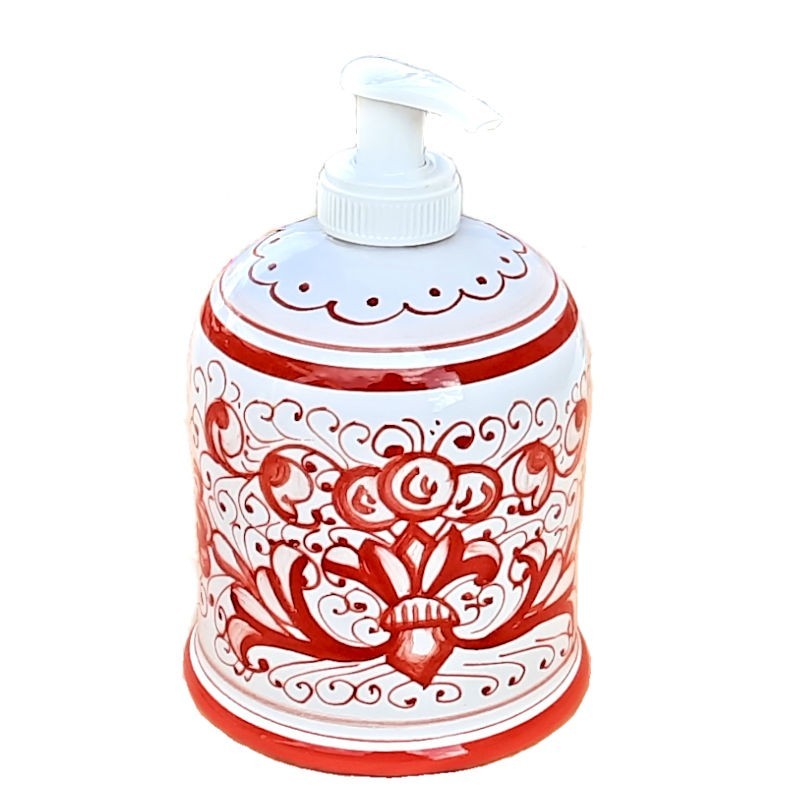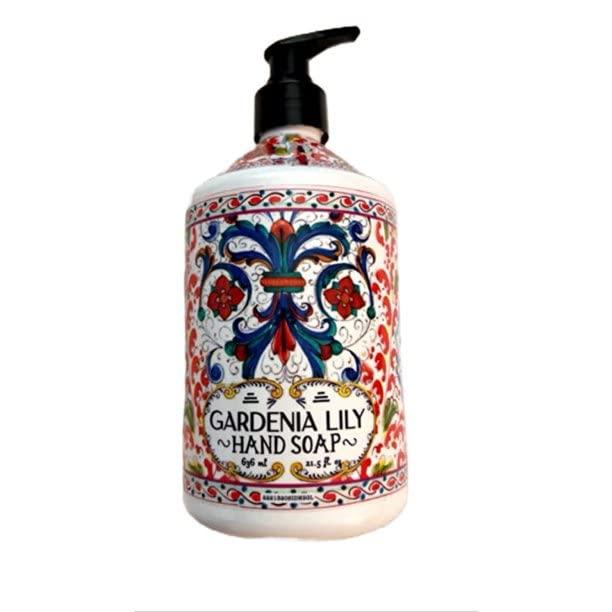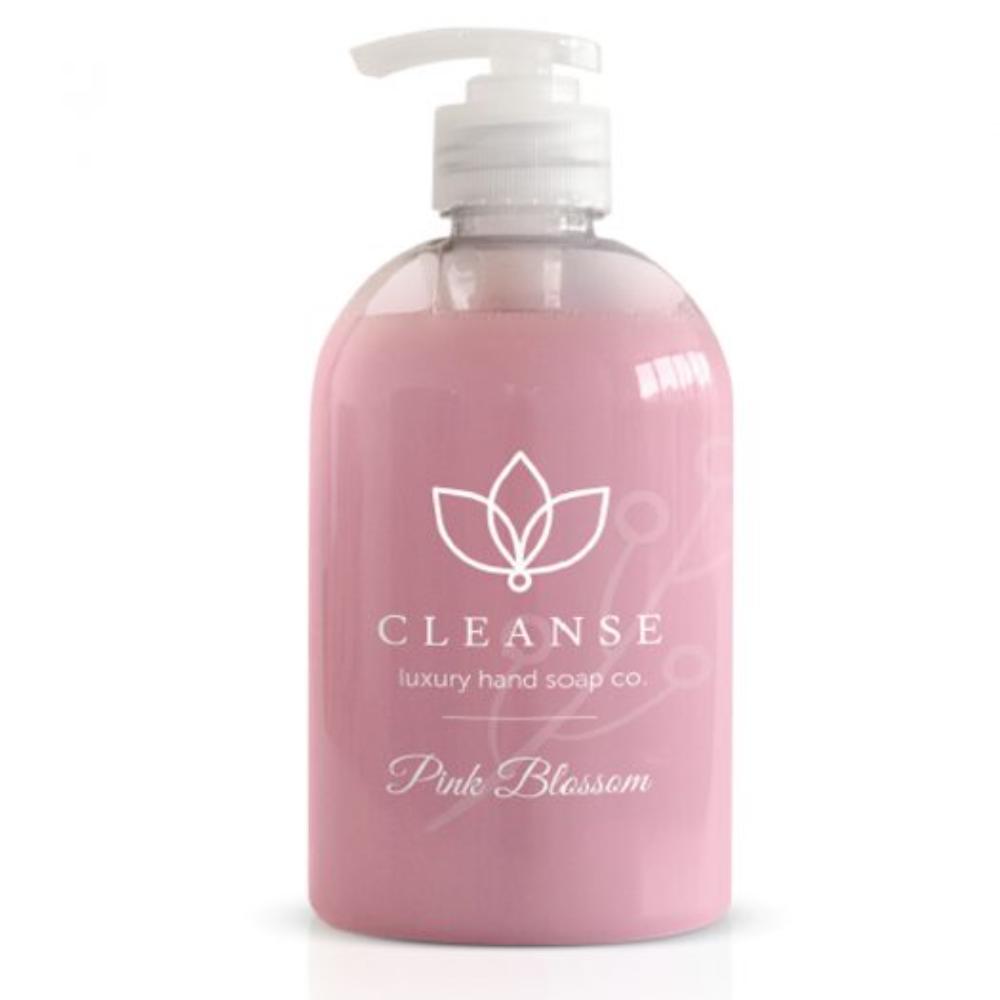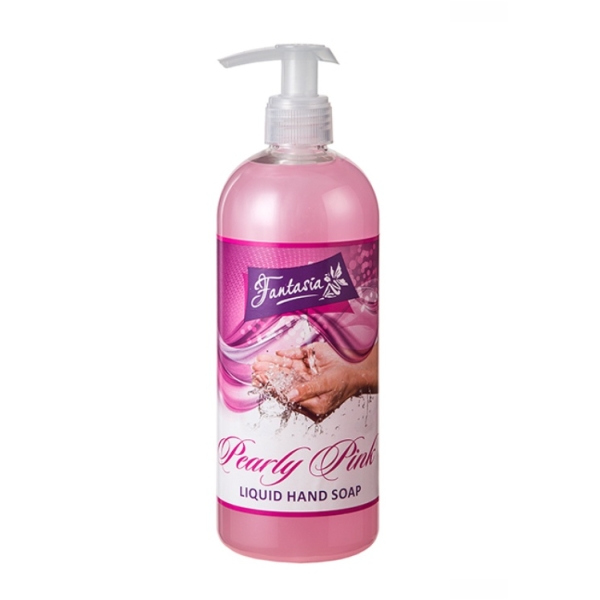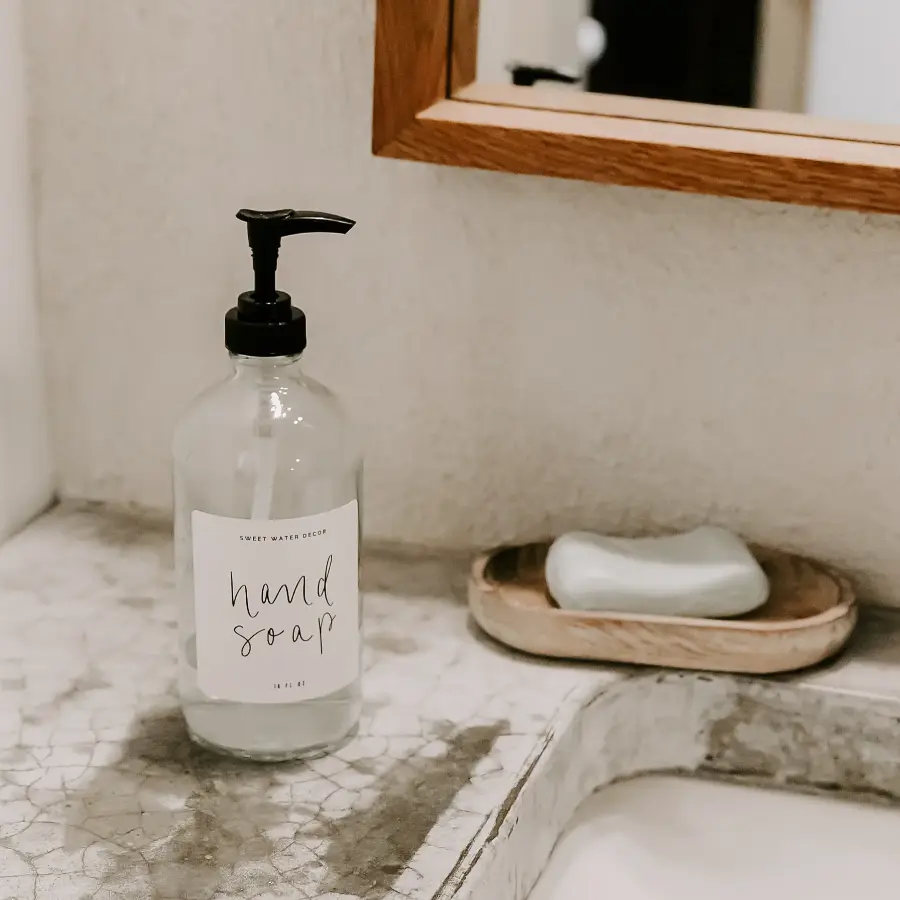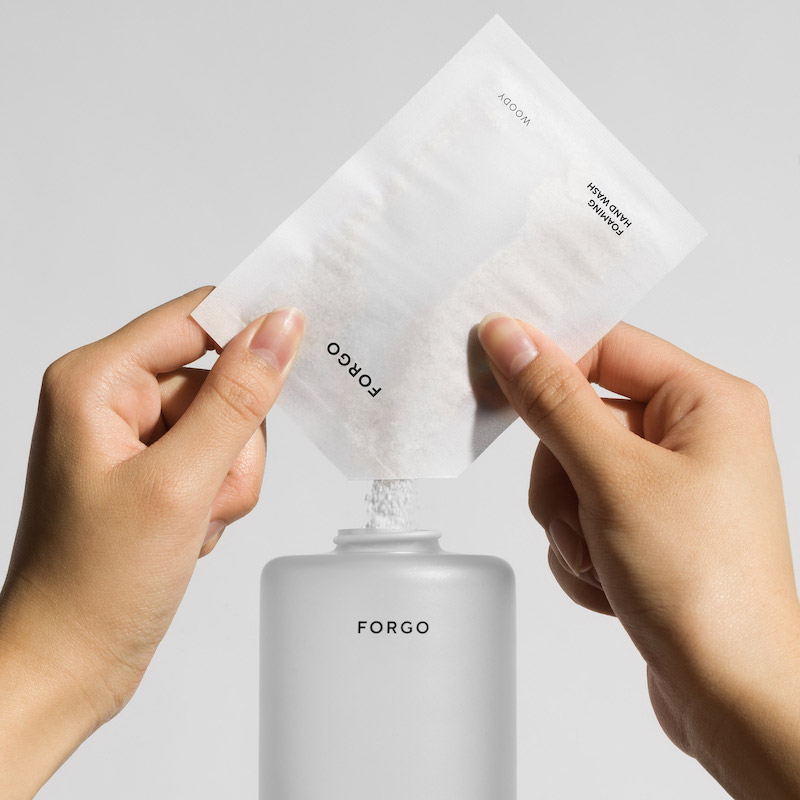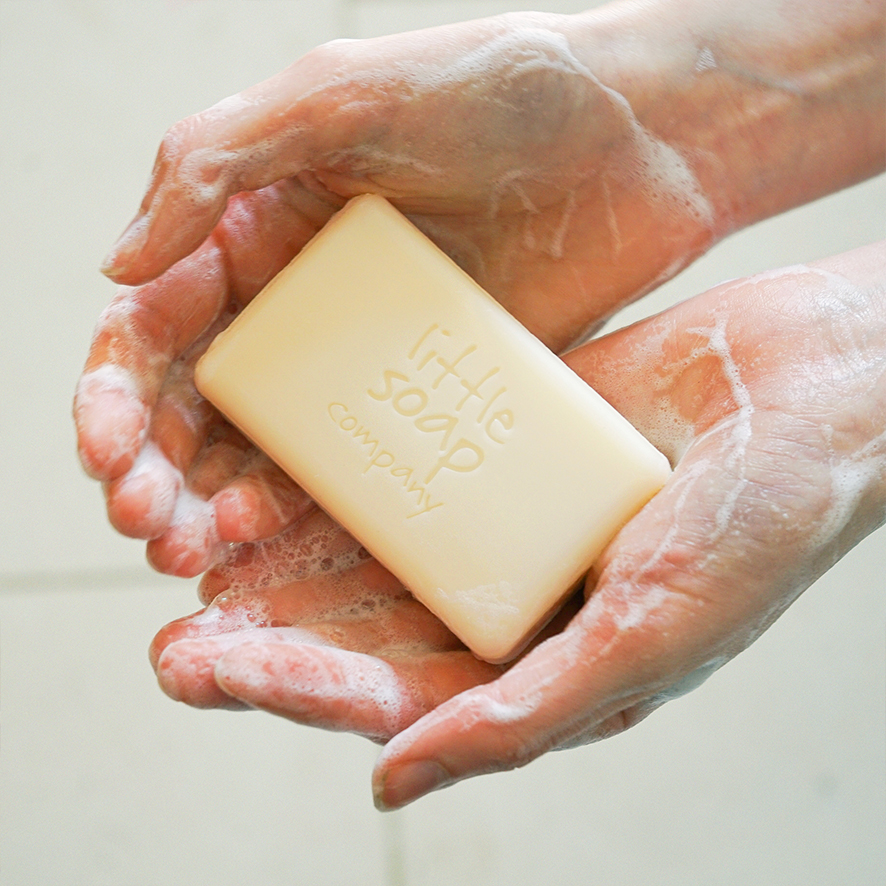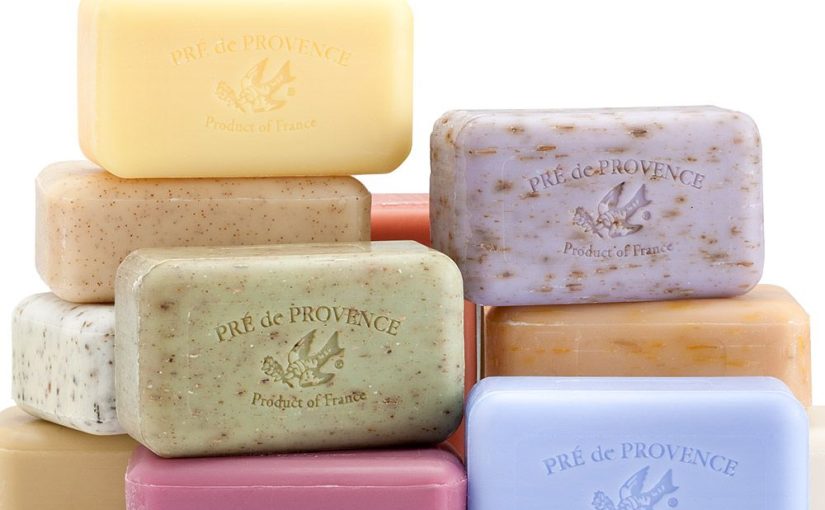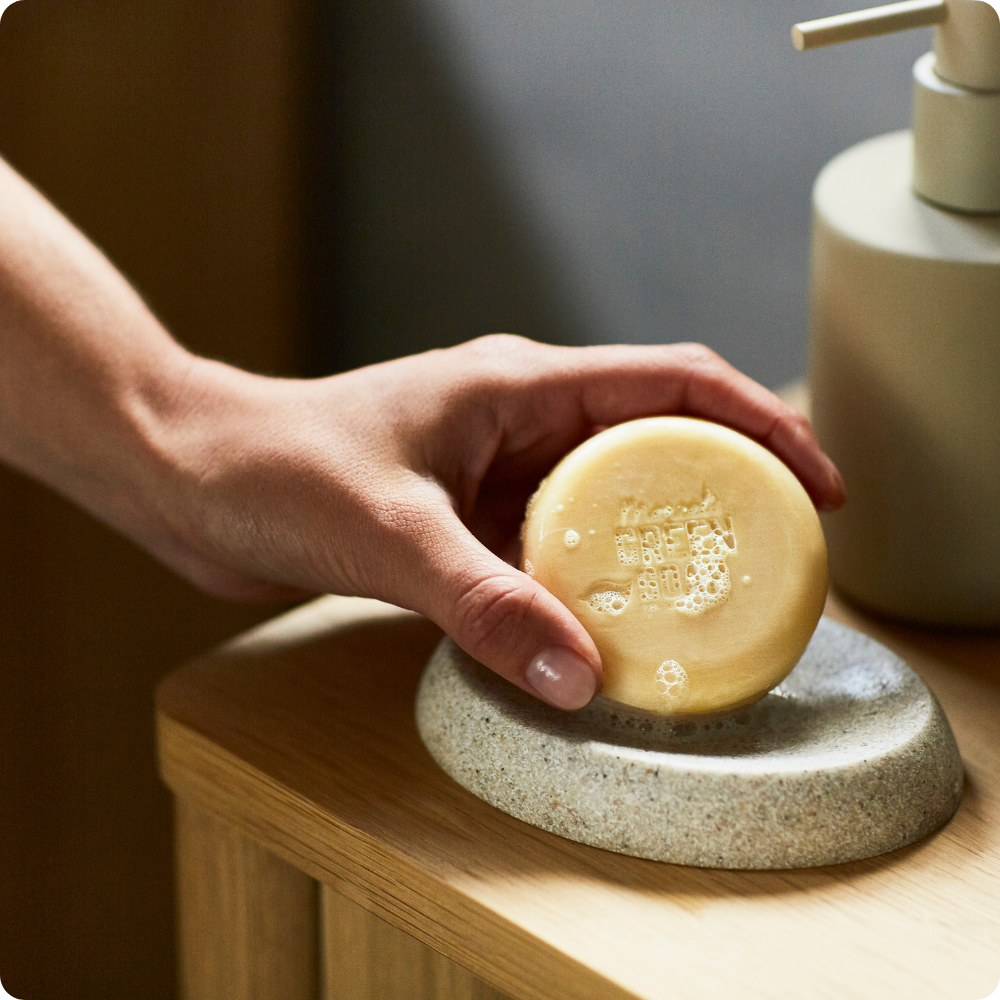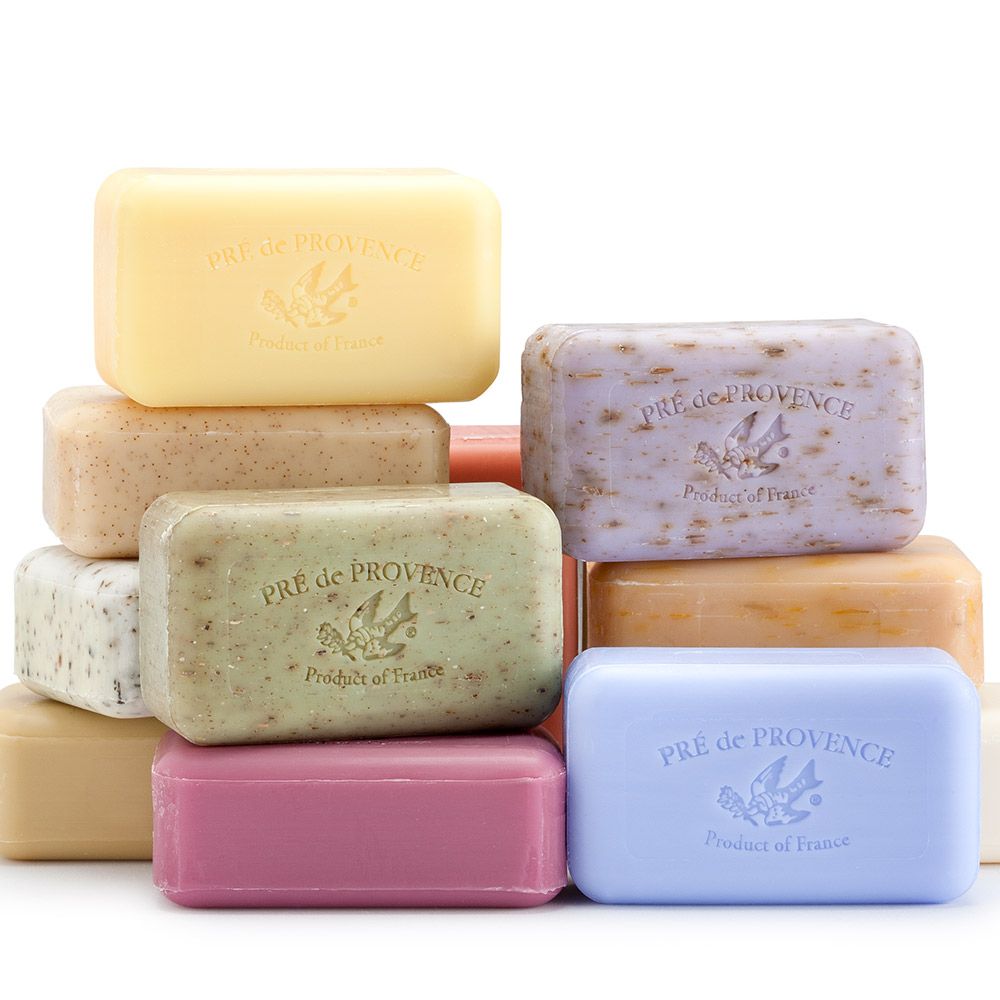The Hygiene Debate: Body Wash vs. Hand Soap
In the quest for cleanliness, many people ask, ‘Can I use body wash as hand soap?’ This question sparks a significant debate around hygiene practices. On one side, we have hand soap, the traditional and designated cleanser for our hands. On the other, body wash presents itself as a versatile option. Both products aim to remove dirt and bacteria, but they are formulated differently and thus, target various cleaning needs.
Hand soaps generally contain more detergents. These are designed to tackle the oils and bacteria our hands come in contact with. Body washes, however, are often gentler, with added moisturizers to care for the skin over our entire body. The hygiene debate revolves around whether these gentle formulas are effective enough for the rigorous demands of hand washing.
Frequent hand washing is vital for preventing the spread of germs, especially in public spaces or after using the restroom. While body wash can clean, the question remains if it does so with the same efficiency as hand soap. Some argue that as long as it lathers and rinses off, it cleanses. But others point to the specific antibacterial ingredients that are often found in hand soaps but not in body washes.
In summary, while we seek the simplest solutions in our daily routines, understanding the subtle differences between products is key. Using body wash as hand soap might not be a black-and-white issue; however, evaluating their ingredients and the need for effective hand hygiene is crucial to making an informed choice.
Understanding the Ingredients of Body Wash and Hand Soap
When deciding whether ‘can I use body wash as hand soap’, it’s essential to compare their ingredients. Hand soaps often have stronger detergents. These detergents remove oils and bacteria effectively. Body washes, in contrast, include more moisturizers. They focus on gentleness for skin over the whole body. They may clean well but could lack antibacterial properties. Some hand soaps also have added antibacterials. These are not always present in body washes. Thus, hand soaps might fight germs better.
Body wash ingredients often nourish the skin. They can include vitamins, oils, and plant extracts. These are less common in hand soaps. Hand soaps may contain more preservatives and fragrances. These combat the growth of bacteria and provide a fresh scent. Some body washes are also more acidic or alkaline. Such properties can affect the skin’s health differently. We should be aware of these differences when choosing between them for hand washing.
In conclusion, the ingredients differ between body wash and hand soap. Both aim to clean, but they serve different purposes. Body washes are milder, designed for the entire body. Hand soaps are stronger, targeting hand hygiene. While both may appear similar, their ingredients can result in different effectiveness.
The Effectiveness of Body Wash as a Hand Soap Substitute
When considering ‘can I use body wash as hand soap’, we must assess effectiveness. Body wash may produce a rich lather similar to hand soap, creating the illusion that it cleans just as effectively. However, effectiveness is not only about lather. The goal is to eliminate germs and bacteria on the hands. So, does body wash match hand soap in this critical task?
Hand soaps are designed with specific ingredients aimed at killing bacteria. Body washes may not always contain these antibacterial agents. Therefore, while body wash can remove visible dirt and grime, it might fall short in sanitizing hands to the same level as hand soap. This is a crucial distinction, especially in situations where high-level hygiene is necessary, like before eating or after using the restroom.
Furthermore, in a household setting, using body wash as a hand soap could have repercussions. If multiple people are using the same body wash for hand cleaning, the transfer of germs could be a concern if the body wash doesn’t have antibacterial properties. Sharing a pump dispenser of hand soap, on the other hand, generally poses less risk due to the antibacterial components typically found in hand soaps.
In conclusion, while body wash might superficially clean hands, its lack of specific antibacterial ingredients often found in hand soaps can make it a less effective substitute, particularly in scenarios where sterility is paramount.
The Impact of pH Levels on Skin Health
The pH level of skin care products, including body wash and hand soap, is crucial for skin health. Our skin has a natural pH of around 5.5, which is slightly acidic. This acidity helps to ward off harmful bacteria and maintain moisture. When we use products that are too alkaline, it can disrupt the skin’s protective barrier. This leads to dryness and irritation.
Body washes are typically formulated to be closer to the skin’s natural pH. This is because they cover larger areas and often contain moisturizers to soothe the skin. Hand soaps, on the other hand, might have a higher pH due to stronger detergents designed to kill bacteria. While effective for cleansing, they can strip the skin of natural oils.
If you’re considering if you ‘can I use body wash as hand soap’, think about the impact on your skin. Using body wash as hand soap might keep your hands softer and more hydrated. But, it may not be as efficient in removing germs. On the flip side, using hand soap on your body could lead to dryness and irritation due to its high pH and cleansing agents.
In summary, the pH levels of your cleaning products matter for skin health. Body washes are milder and may benefit your hands’ skin. Hand soaps are stronger but might be harsh on your skin if used too often. Balance is key when choosing between them.
Dispelling Common Myths About Body Wash and Hand Soaps
When discussing whether ‘can I use body wash as hand soap’, various myths arise. These often lead to confusion about the two products’ roles. It’s important to clear up these misconceptions for proper hygiene practices.
One common myth is that all soaps are the same. This is not true. The ingredients and formulations differ, as does their effectiveness against bacteria. Body washes are generally gentler, while hand soaps have more robust detergents.
Another frequent misunderstanding is that a good lather equals good cleaning. Foam and bubbles may feel nice, but they aren’t indicators of antibacterial action. It’s the ingredients, not the lather, that determine the cleansing power.
Some also believe that body wash can always replace hand soap. This is risky. In high hygiene situations, like preparing food or after using the toilet, hand soap’s antibacterial properties are more reliable.
There’s also the myth that body wash is too harsh for hands. Actually, body washes are often less harsh because they are designed for the skin over our entire body.
Lastly, many think increased use of hand soap will dry out their hands. While frequent use can lead to dry skin, many hand soaps now include moisturizers to combat this.
In conclusion, it’s crucial to use products as they are intended. Hand soaps and body washes each have their place in our hygiene routines. By understanding the distinctions, we can keep our hands clean and our skin healthy.
Pros and Cons of Using Body Wash for Hand Washing Purposes
When contemplating ‘can I use body wash as hand soap’, it’s wise to weigh the pros and cons. Here is a simple breakdown:
Pros:
- Gentler on Skin: Body wash typically includes moisturizers. This can lead to softer, more nourished hands.
- Pleasant Fragrances: Many body washes come with diverse, appealing scents.
- Better pH Balance: Body washes often match the skin’s natural pH more closely. They may protect your skin health.
Cons:
- Less Effective Against Bacteria: Without antibacterial agents, body wash may not cleanse as effectively. This is vital in high hygiene situations.
- Not Cost-Effective: Using body wash for your hands could prove expensive. Hand soap tends to cost less.
- Potential for Contamination: Shared body wash bottles might spread germs, unlike hand soap dispensers.
In summary, body wash can feel nicer on your skin but may fall short in hygiene. Hand soap is formulated for cleaning hands and is a more budget-friendly option for frequent use. It’s essential to choose the right product based on your needs.
Expert Recommendations for Hand Hygiene
When weighing the option ‘can I use body wash as hand soap’, Expert advice can guide best practices. Below are key recommendations for maintaining hand hygiene:
- Use the Right Product for the Situation: For daily use, hand soap is the go-to. In situations where hand soap is not available, body wash can act as a quick alternative.
- Pay Attention to the Formula: Opt for products labeled as ‘antibacterial’ when hygiene is a top priority, like before meals or after using the bathroom.
- Moisturize After Washing: To prevent dry hands, apply lotion after washing, regardless of using hand soap or body wash.
- Be Mindful of Sharing: If sharing a body wash or hand soap, choose options with pump dispensers to minimize the spread of germs.
- Read Labels Carefully: Look for ingredients that promote skin health and match your skin’s pH. Avoid those with high alkaline content.
By following these simple tips, you can ensure that your hands stay clean and your skin remains healthy.
Conclusion: The Verdict on Body Wash as Hand Soap
After examining the various aspects of using body wash as a replacement for hand soap, it’s time to draw a conclusion. Hand soaps are specifically formulated to clean hands and remove bacteria effectively. Body wash, while gentle and beneficial for skin health over larger body areas, may not be as effective in eliminating bacteria.
In light of our discussion, while ‘can I use body wash as hand soap’ is a question we can affirmatively answer in a pinch, it should not be a regular substitute. Hand soaps maintain high standards of hand hygiene with their antibacterial properties – crucial in settings requiring rigorous cleanliness. Body washes can occasionally step in, but they lack the ingredients designed for thorough hand cleansing.
Choose hand soap for everyday handwashing, particularly before handling food or after visiting the restroom. For those times you find yourself without hand soap, body wash can serve as a temporary measure. Remember to choose a hand soap that includes moisturizers if you’re concerned about skin dryness, and always follow up with a lotion to keep your hands in top condition.
The bottom line: Stick to hand soap for hand hygiene, but when in need, body wash can offer a temporary alternative, keeping in mind it’s not designed for this express purpose. This approach ensures our hands stay clean and our skin remains healthy, balancing practicality with proper hygiene practices.
